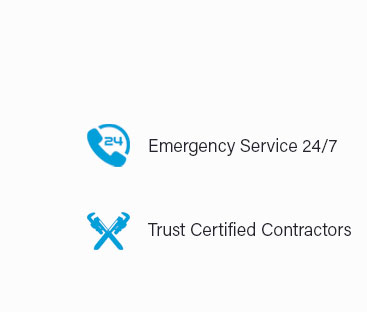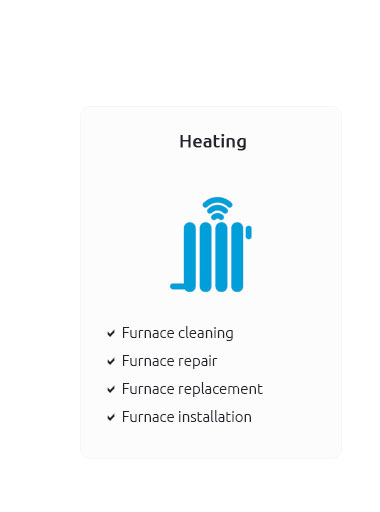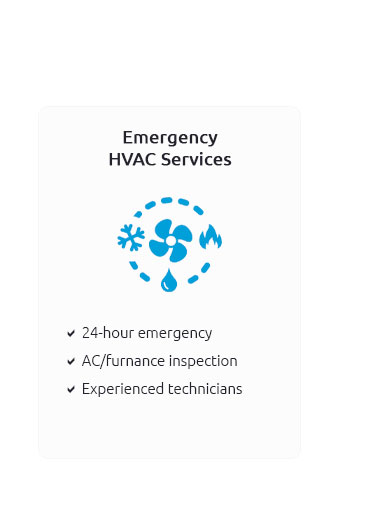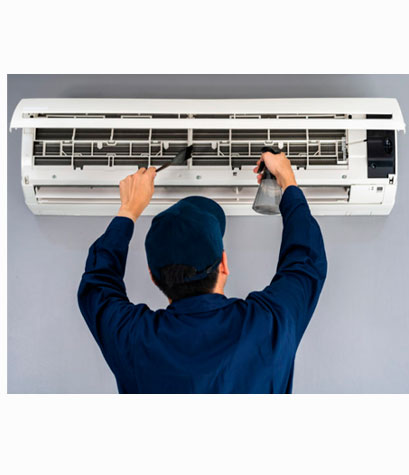 |
 |
 |
 |
 |
 |
 |
 |
 |
 |
 |
 |
 |
 |
 |
 |
Replacing a Central Air Conditioner: A Complete Beginner’s GuideUnderstanding When to Replace Your Air ConditionerKnowing when to replace your central air conditioner can save you both time and money. It's important to recognize the signs that indicate a replacement is necessary. Signs That It’s Time to Replace
Steps to Replace Your Central Air ConditionerReplacing an air conditioner involves several key steps. Here’s a simplified guide to help you through the process. 1. Assess Your NeedsBefore purchasing a new unit, consider the size of your home, your budget, and energy efficiency needs. 2. Choose the Right ContractorHiring a professional is crucial. Ensure they are licensed and have good reviews, like those at ac repair richmond va. 3. Installation Process
Maintenance Tips for LongevityOnce your new air conditioner is installed, maintaining it is essential for longevity and efficiency.
Frequently Asked QuestionsHow often should a central air conditioner be replaced?Typically, every 10-15 years, depending on usage and maintenance. Can I replace my air conditioner myself?It is not recommended. Hiring a licensed professional ensures safety and compliance with regulations. What factors affect the cost of replacement?Factors include unit size, brand, efficiency rating, and installation complexity. https://www.youtube.com/watch?v=bAvc-6Ewj8o
I have installed my own heat pump and air conditioning equipment. Having the experience of being in construction and quite a bit of plumbing ... https://www.trane.com/residential/en/resources/blog/trane-topics-should-you-repair-or-replace-your-heating-and-cooling-system/
The $5,000 rule - A system that is 10 years old and has a repair cost of $300 = $3,000. It's probably best to repair it. - A system that is 10 ... https://www.quora.com/How-do-you-replace-central-air-conditioning-yourself
EDIT: RU Sure its the AC? I found after 14 years, my evaporator was clogged with paper from previous owners' Never changing the filter.. get ...
|